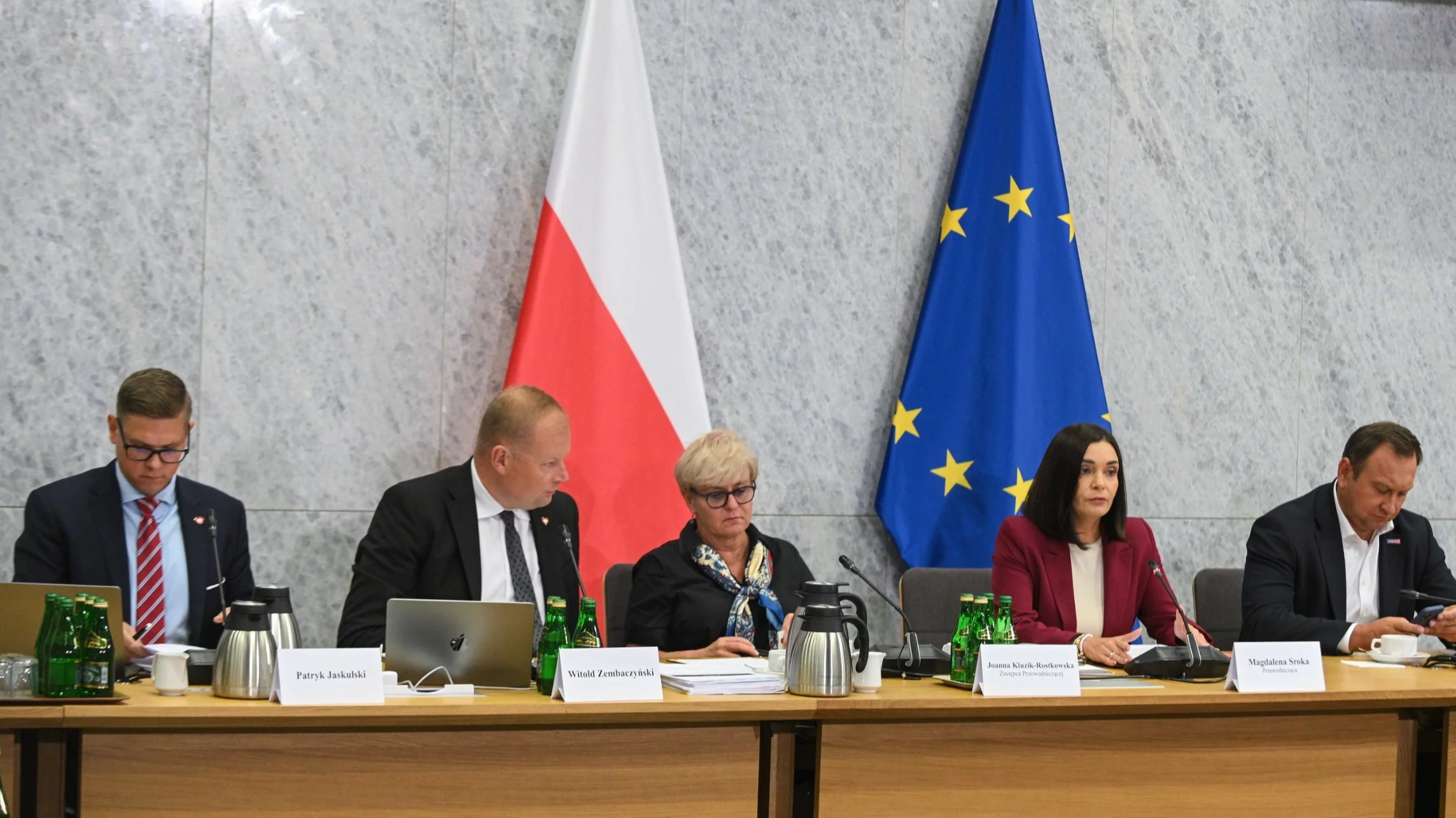The UK government's recent Budget has failed to change economic growth forecasts for the next five years, according to the Office for Budget Responsibility, while simultaneously threatening thousands of jobs in the hospitality sector through sharp increases in business rates. The assessment delivers a significant blow to a government that has made economic growth its top priority.
Pub bosses have issued stark warnings that the Budget's business rates changes could force closures across the country. Analysis by tax firm Ryan shows the average pub will see its property tax bill surge by 65.9% to £15,373 from £9,264 currently. Restaurants face a 44.9% jump in rates bills from April, while small shops will see increases of around 42.3%.
The current 40% discount for retail, hospitality and leisure businesses - capped at £110,000 per business - ends on March 31. The replacement system sets rates multipliers 5p lower than the standard rate but removes the cap entirely, leaving many businesses worse off.
Industry under pressure
Chris Jowsey, chief executive of Admiral Taverns, warned the changes threaten the sector's viability. «The reality of Wednesday's Budget is that Reeves has placed an even bigger burden on the shoulders of community pubs, posing further risk to our industry, threatening both jobs and the viability of our beloved pubs across the country,» he said.
Nick Mackenzie, chief executive of Greene King, expressed disappointment at the lack of government support. «Pubs are crying out to be backed by the Government, and it is disappointing that has not happened in this Budget,» he said. «Government has failed to deliver sufficient support around business rates and ultimately it leaves pubs with little room to invest to create jobs, grow and drive their local economies.»
The business rates increases come alongside other rising costs including a higher minimum wage and inflation-linked increases to alcohol duty, compounding pressure on the sector.
Growth concerns persist
Despite avoiding the £25bn employer national insurance hike from the previous Budget, business leaders are questioning where promised economic growth will come from. The OBR upgraded its forecast for this year but downgraded projections for every year thereafter until 2030.
One FTSE 100 boss told the BBC that government policies «are hurting the very people they are trying to help and it will mean fewer jobs, fewer hours, fewer premises, lower growth.»
A Treasury spokesperson countered that the economy is «already outperforming forecasts» and the government is driving growth «with billions of pounds in new capital spending, strong private investment and bold planning reforms.»
Personal finances hit
The Budget extends income tax threshold freezes until 2031, three years longer than previously indicated. The move will drag 920,000 additional people into the 40% tax bracket and 780,000 more into paying basic rate tax, raising an estimated £8.3bn.
Landlords earning over £25,000 annually from property will face tax rate increases of two percentage points from April 2027. Basic rate payers will pay 22%, higher rate payers 42%, and additional rate taxpayers 47%.
The Budget also introduces a council tax surcharge on properties worth over £2m, ranging from £2,500 for homes valued between £2m and £2.5m to £7,500 for properties above £5m. The measures aim to raise £26bn in extra government revenue by the end of parliament.
Note: This article was created with Artificial Intelligence (AI).











